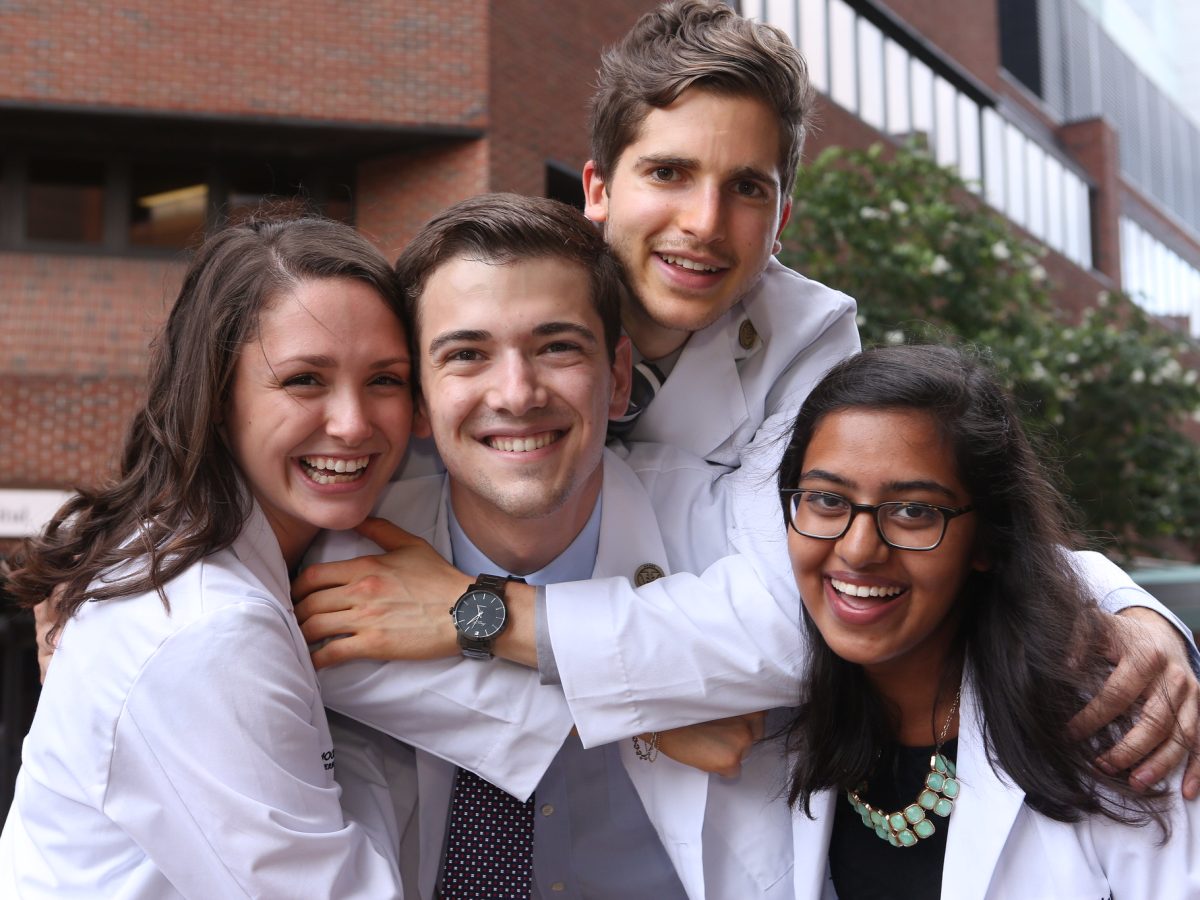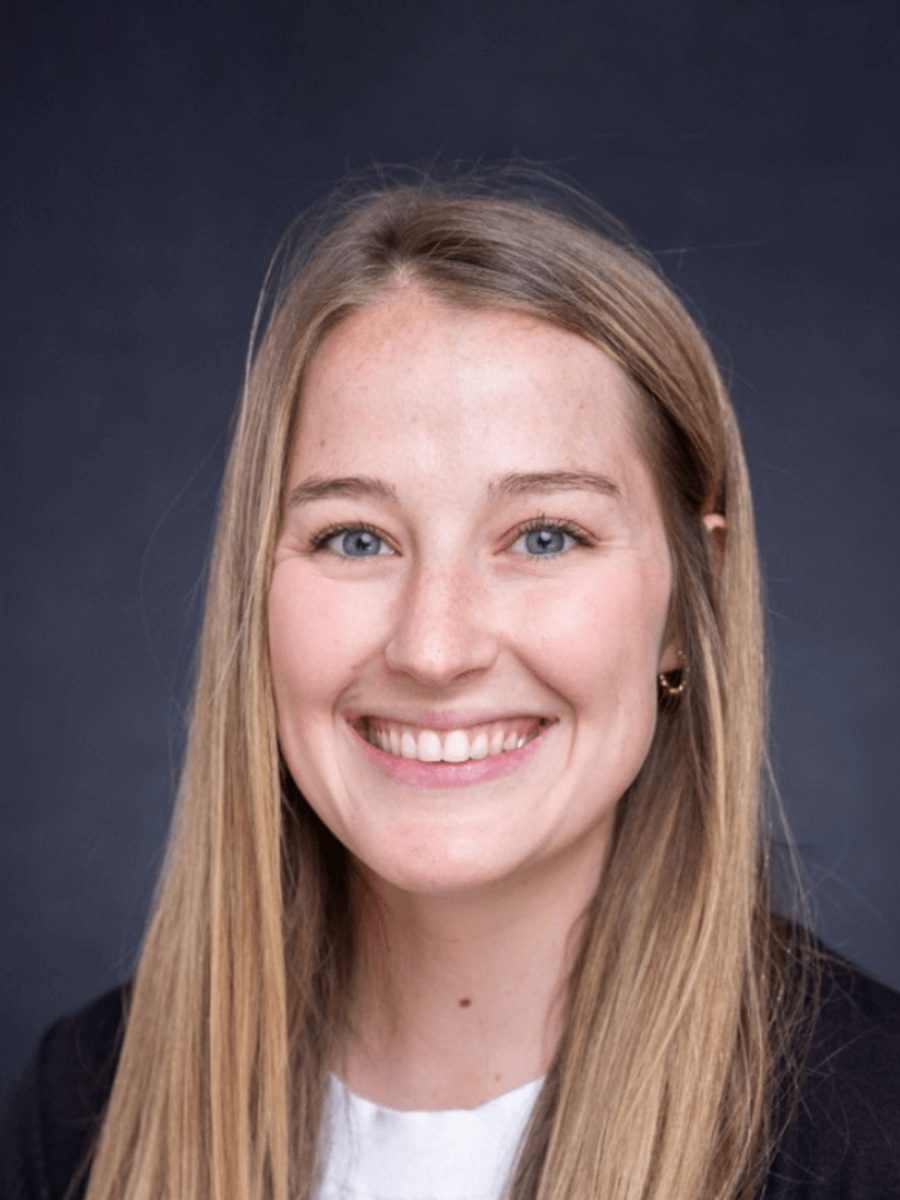Admissions Process and Timeline
Vanderbilt University School of Medicine participates in the American Medical College Application Service. All application materials may be obtained through AMCAS. As you prepare to start applying we recommend you review and reference the AMCAS Application Guide throughout the cycle.
- Submit your AMCAS application between May 31 and November 1.
- After a preliminary screening, the most competitive applicants are offered an opportunity to submit a Vanderbilt-specific secondary application and are under consideration to be invited for a virtual interview. Secondary invitations are usually sent out beginning in mid-July.
- Virtual interviews will be scheduled between September and February.
- Acceptances are released in two waves in late December and late February. Accepted students will receive their admission offer via phone call and email.
MD & MSTP Admissions Statistics (2025-26)
-
7,477
Verified Applications Received
-
5,717
Secondary Application Invitations
-
668
Interview Invitations
Admissions Requirements
We accept students in good standing who will be graduates of accredited colleges and universities before matriculation to Vanderbilt University School of Medicine.
To be considered for admission, applicants must provide:
- Official final transcripts
- MCAT scores
- Letters of evaluation
- Background checks will also be conducted on all conditionally accepted students.
International Students
International students are eligible to apply but may need to submit additional documentation.
Transfer Students
VUSM does not accept transfer students due to the structure of our curriculum.
Applicant Resources
Application and Acceptance Protocols
Information for Visiting Medical Students
Cost & Financial Aid
Join a Virtual Group Information Session
We’re happy to answer your questions about Vanderbilt during group Zoom sessions for prospective students. Email below for the schedule. At this time, we are not able to provide one-on-one tours or virtual sessions.
MD Admissions Mailing Address
Vanderbilt University School of Medicine
Office of Enrollment Services
PMB 407939
224 Eskind Biomedical Library and Learning Center
Nashville, TN 37240-7939


